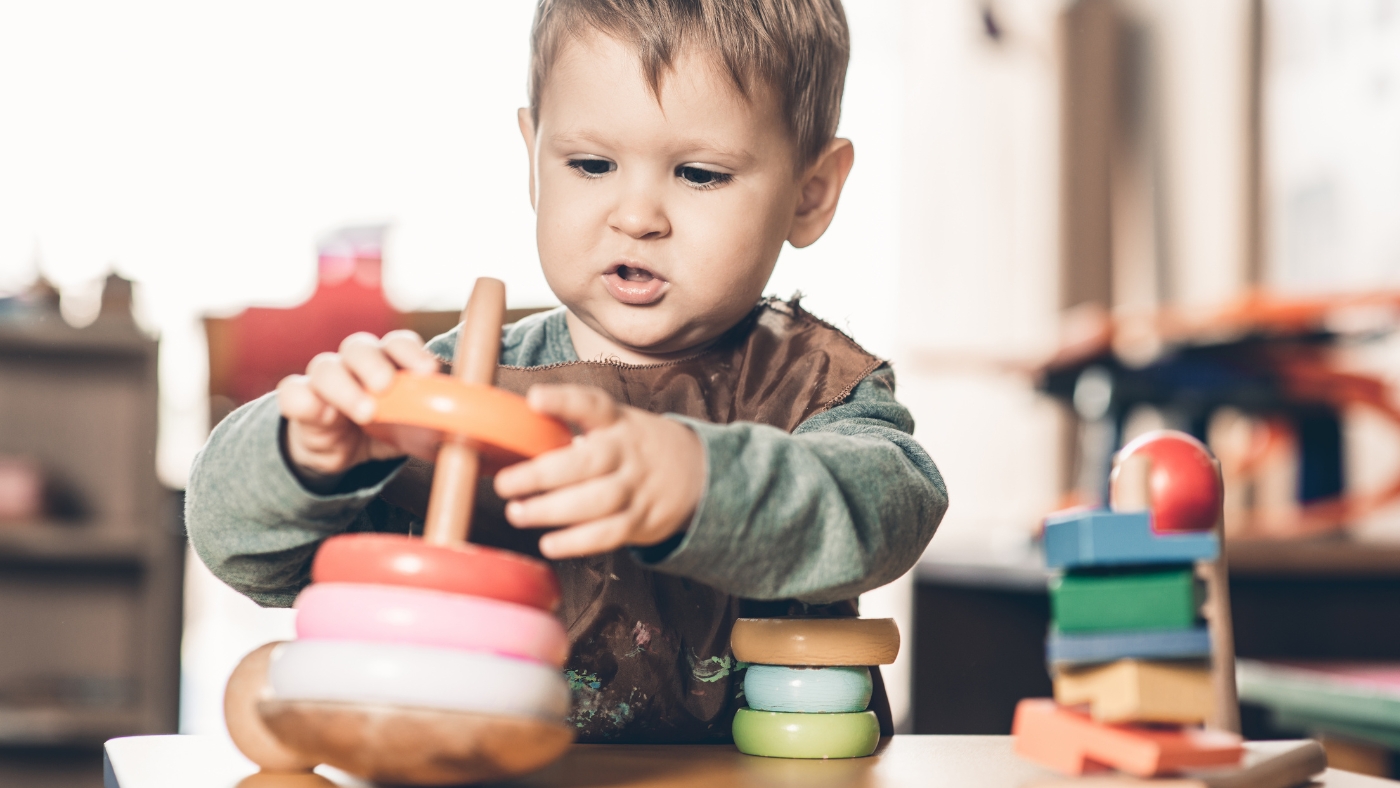
Montessori toddler programs have been gaining more popularity in recent years due to its child-focused and hands-on approach to learning.
These programs provide a supportive learning environment that caters to the unique needs of toddlers aged 18 months to 3 years old.
If you are considering enrolling your child in a Montessori toddler program, it’s essential to know what to expect and how to prepare your child for the program.
The Montessori Philosophy
The Montessori philosophy revolves around the belief that children learn best through hands-on exploration and play. Activities in a Montessori toddler program are specially designed to cater to your toddler’s natural curiosity and desire to learn.
The curriculum is geared towards fostering independence, encouraging self-motivation and promoting practical life skills such as pouring, scooping, and sorting. The goal is to create a well-rounded and balanced child geared towards lifelong learning.
Preparing Your Child for Montessori Toddler Programs
It’s important to prepare your child for the Montessori toddler program to ensure a smooth transition. Familiarizing your child with the concept of being away from home is a crucial step for both the child and the parent.
You can start by gradually introducing your child to activities such as a play date in a friend’s home or attending a short-term playgroup. Additionally, you can talk to your child in advance about the program and what they can expect while they are there.
What to Expect in a Montessori Toddler Program
In a Montessori toddler program, your child will experience a nurturing and calm environment, with a strong focus on developing their independence. Activities are designed to cater to different interests, learning styles, and developmental levels.
Your child will be encouraged to work at their own pace, and teachers are there to facilitate and guide their learning journey. Expect activities such as pouring water, matching shapes, painting, and practicing social interaction through group activities.
The Role of the Teacher in a Montessori Toddler Program
Montessori teachers are specifically trained to guide and facilitate your child’s learning journey. Teachers observe each child for their unique learning style and interests and adjust the activities accordingly. The teacher’s role is to provide a nurturing and supportive environment, as well as to encourage the children to learn and be independent. Parents are encouraged to communicate regularly with the teachers, as they are an invaluable support to the child’s learning both at home and in the classroom.
In conclusion, Montessori toddler programs offer a unique and individualized approach to learning that focuses on the child’s natural curiosity and desire to learn. It’s important to prepare your child for this type of program by familiarizing them with the idea of being away from home and ensuring they are comfortable with social interactions.
The Montessori philosophy revolves around fostering independence, encouraging self-motivation, and promoting practical life skills. Teachers play a pivotal role in facilitating this type of learning, and parents should communicate regularly with them for a well-rounded learning journey for their toddler.